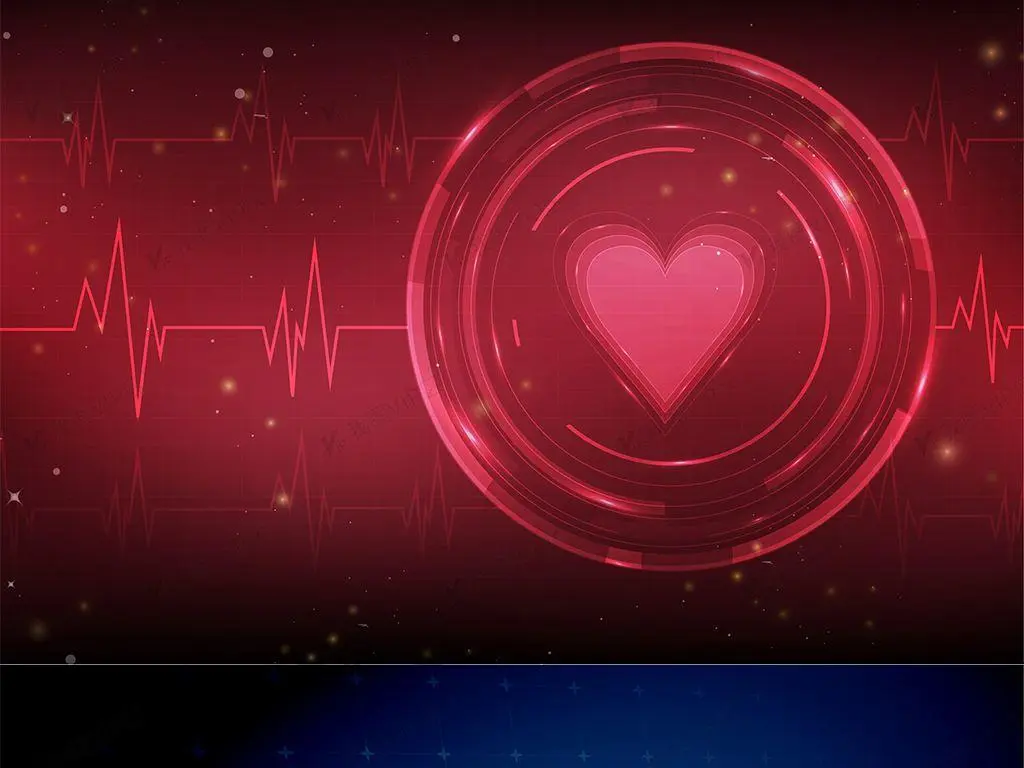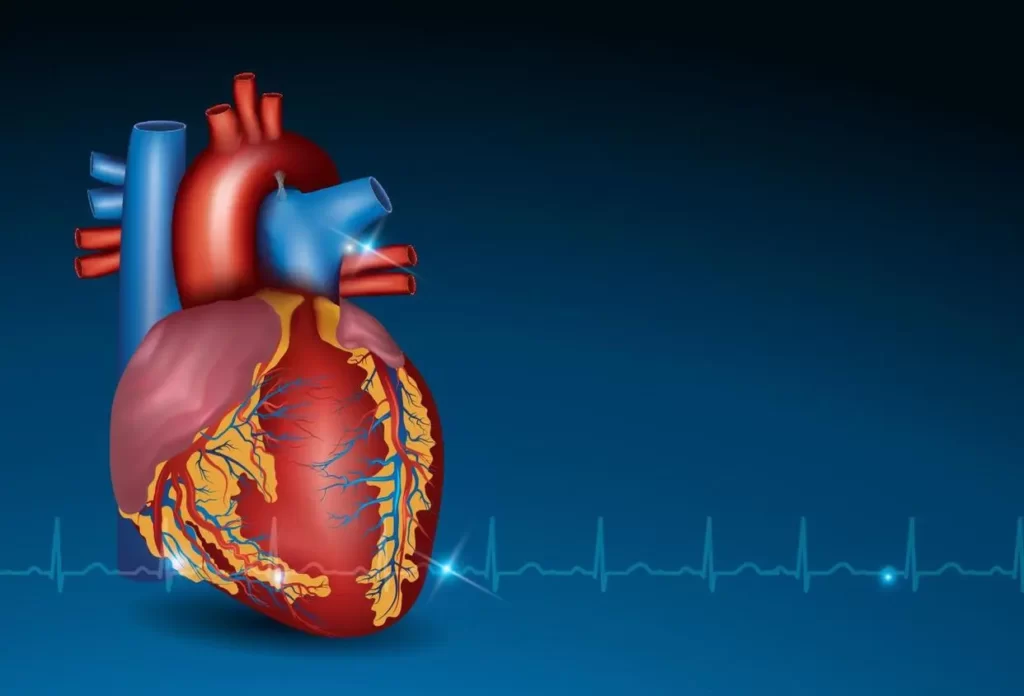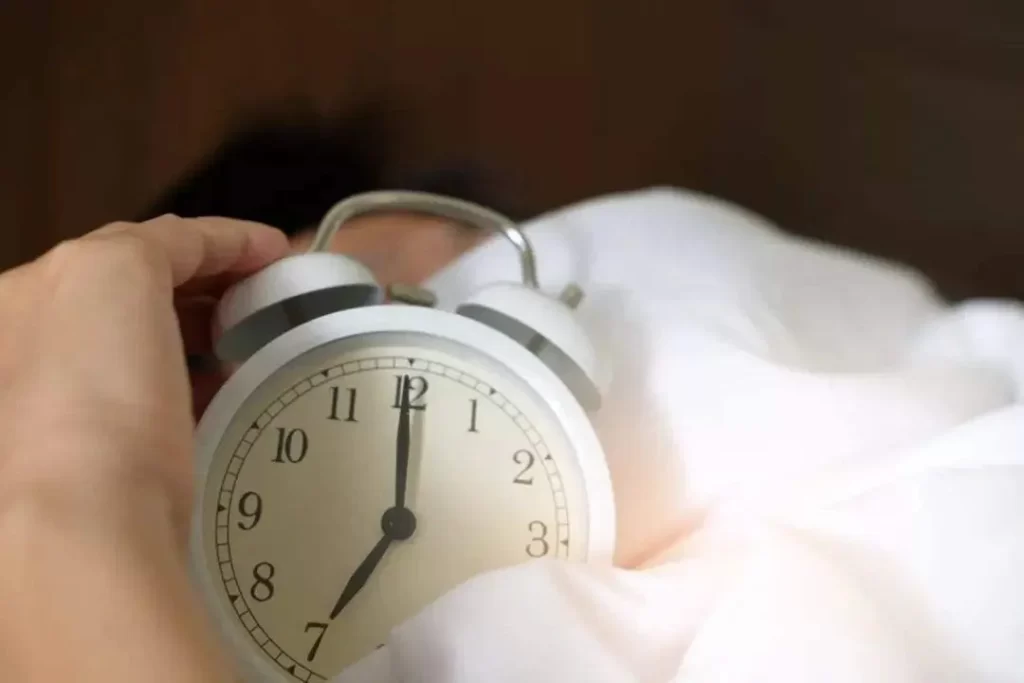The heart is a very important part of our human organs, and the health of the heart is closely related to the human body. If there is a problem with the heart, other parts of the body can also be affected. Due to people’s awareness of the importance of the heart, they will also detect their own heart through physical examinations and other methods in daily life.How many beats per minute is good Please don’t blindly pursue the perfect heart rate

The health of the heart is closely related to the heartbeat. In the hospital, doctors usually detect the heartbeat in two ways. One is to detect the heartbeat through a stethoscope; the other is to detect the heartbeat through the ECG curve. Compared with stethoscope, the detection of ECG is more accurate and clear.
Since the heartbeat can reflect whether there is a problem with the heart, is the heartbeat fast or slow? In fact, the beating of the heart is a very complex problem, but it is understandable when converted to examples in daily life. If the heart is likened to an electric car, the beating of the heart is the battery in the car.
With the use of the battery, the life of the electric vehicle will also be shortened. However, if the frequency of use of a single bottle is reduced, the life of the electric vehicle will be extended accordingly.

So, back to the question of the heart and heartbeat, if the heartbeat rate is too fast, the heart will be overloaded in the constant relaxation and contraction. On the contrary, if the heartbeat is relatively slow, then the heart will be fully rested in the process of beating. That is to say, compared with the fast heartbeat, the slower frequency plays a role in promoting the health of the human body. For example, reducing mortality and reducing the risk of cardiovascular and cerebrovascular diseases.
1. What is the definition of fast and slow heartbeat?
What is the definition of fast and slow heartbeat? Generally speaking, the frequency of the heartbeat is in the normal range of 60 to 100 beats per minute. However, in fact, the structure of the human body is not as fragile as we think.
A heart rate of more than 100 beats per minute is defined as a rapid heartbeat. If the heartbeat is lower than 60 beats per minute, it will be considered as slow heartbeat. However, if the heartbeat is 50 to 60 beats per minute, it will not affect the operation of human organs.

It is precisely because the heartbeat is controlled at about fifty beats per minute that it will not affect human health. Therefore, internationally, some countries set the normal range of the heart rate at 50 to 100 beats per minute.
Since the heartbeat is relatively slow, which is beneficial to the health of the human body, how can we slow down the beating frequency of the heart? There are two main methods here: on the one hand, through drug control; on the other hand, through the adjustment of the human body itself.
In terms of drug control, the heart rate can be slowed by drugs such as bisoprolol. However, the use of the drug needs to follow the doctor’s advice. When the heart rate is around 80 or 90 beats per minute, you can choose to take it, and you cannot blindly pursue to slow down the heart rate.
On the other hand, in terms of the adjustment of the human body itself, it can be done in the following ways. First, pay attention to a balanced diet and take in nutrients in proportion. Second, to control your own weight, do not pursue too thin and gain weight. In addition, it is also necessary to strengthen physical exercise and maintain sufficient physical activity every week.

Finally, pay attention to the law of work and rest in life, and do not stay up late. At the same time, it is also necessary to quit smoking and not drink alcohol. All of the above actions are helpful in controlling your heart rate.
In a word, the speed of human heart rate is related to physical and mental health, and it is necessary to focus on controlling heart rate in daily life.
Read more tips about health and fitness http://www.growmorehealth.com
